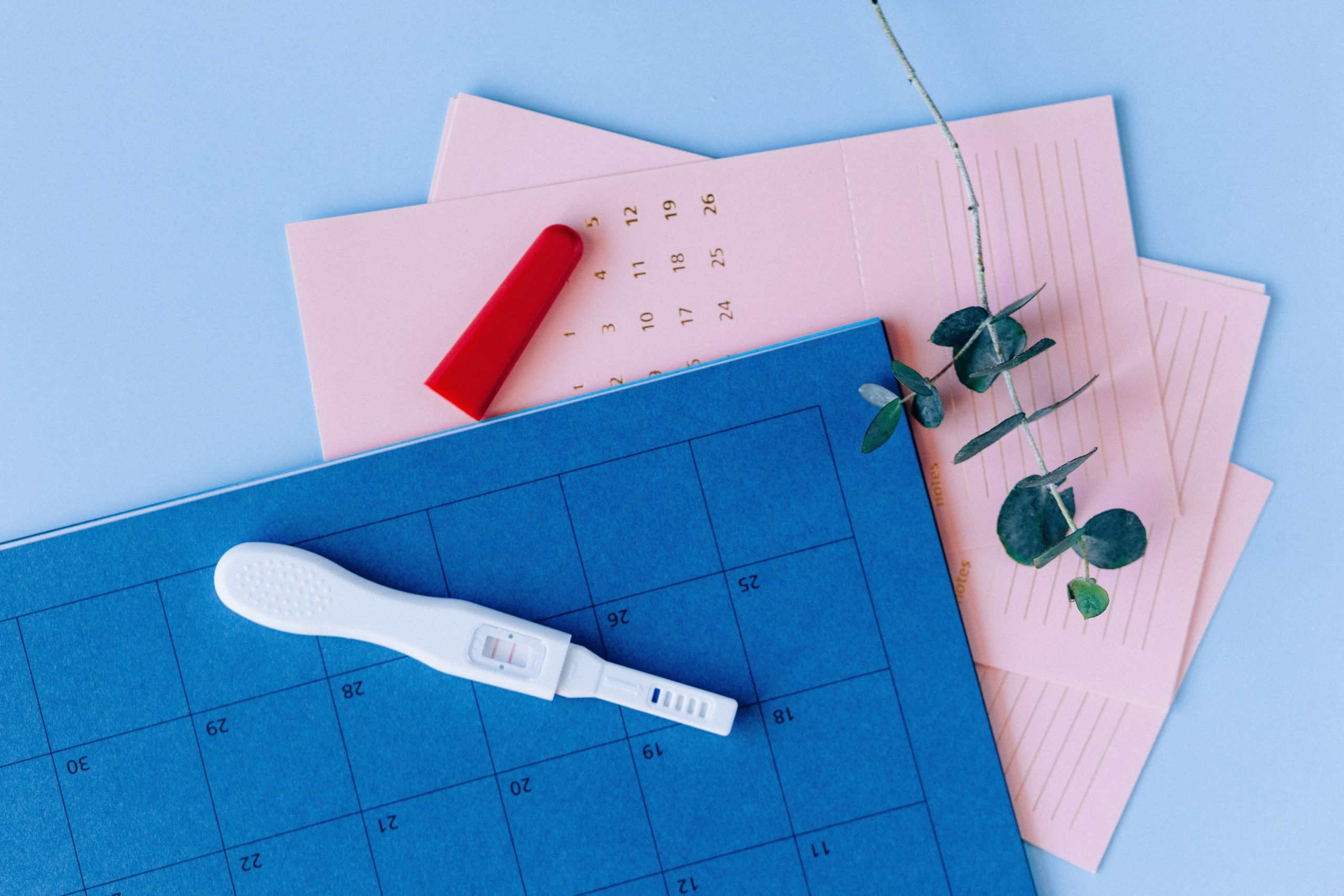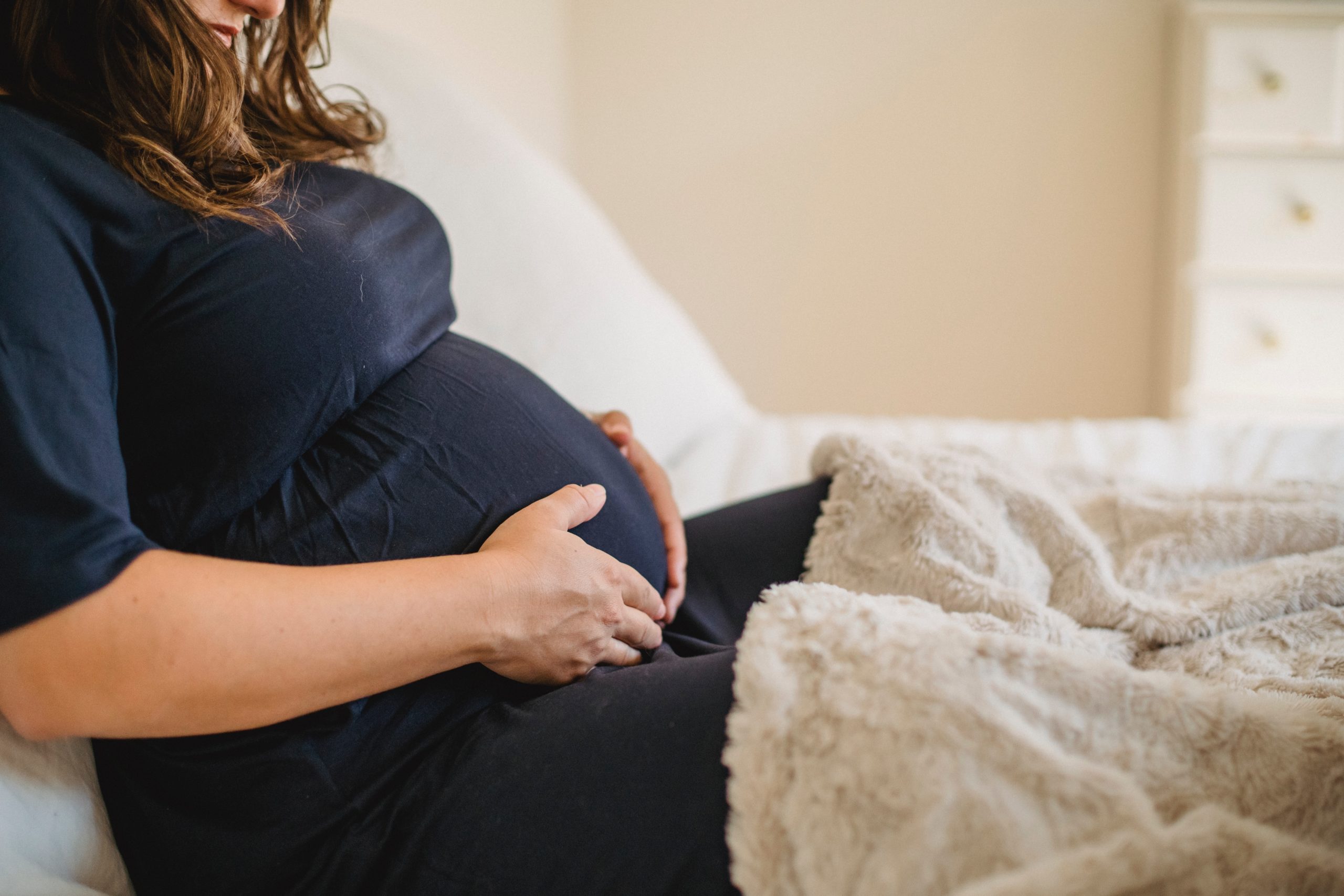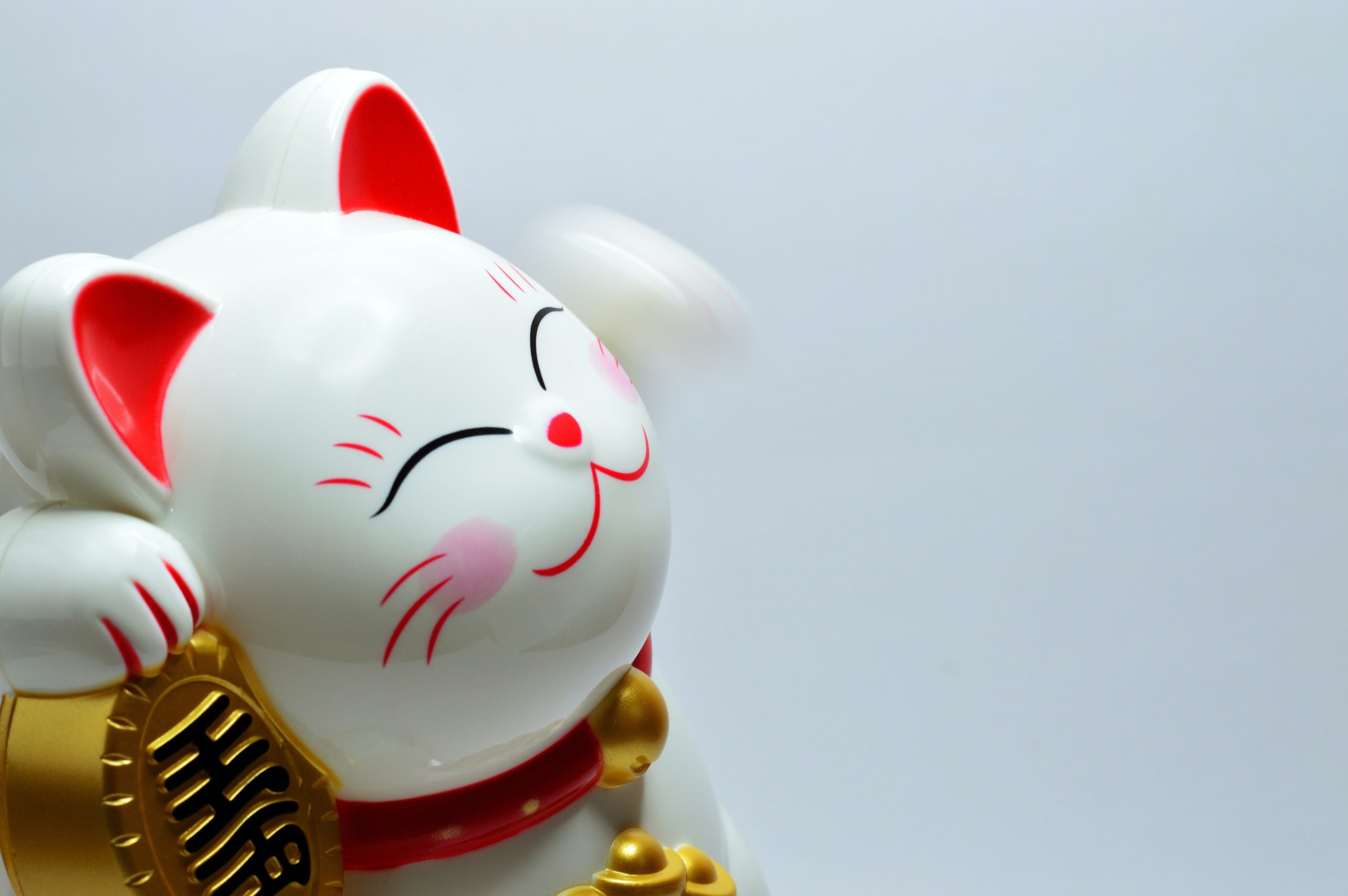The Basics of Pregnancy and Childbirth in Japan
Pregnancy is not covered by general healthcare in Japan, as technically you’re not injured or ill. Having said that, there are several healthcare benefits and support here that residents are entitled to.
In general, the country is quite conservative when it comes to prenatal practices especially if you go to a generic hospital or clinic. Big hospitals promote natural birth and don’t readily give out epidurals unless you have complications, and the nutritional advice I received for the first trimester was very lenient (want to eat sushi? No problem! On the other hand, nothing was said about prenatals).
It depends on the type of clinic you go to, but I went to a pretty standard Japanese one so don’t be surprised if the advice you receive is limited or dated. They might not give you as much information as you’d like, so I’ve made it a point to have a list of questions ready for each appointment I go to.
I’ve put together a quick guide for you to manage expectations. I hope it helps!

Okay so your at-home test is positive. Now what?
Generally the procedure goes like this: when you first suspect that you’re pregnant (i.e. get a positive pee stick), schedule an appointment with a 産婦人科 (sanfujinka / OB-GYN). If they’re able to confirm that there’s something growing, they’ll schedule a next appointment. At this point be prepared to go once every two weeks or so.
After detecting a heartbeat (for me that was Week 6), they’ll ask you where you will want to deliver your baby depending on your clinic, midwife, birthing center or hospital of choice. My clinic wrote a letter of recommendation that I had to bring to a hospital where I chose to give birth. Separate from the OB-GYN clinic, you’ll do some initial check ups at your birthing center (around Week 9).
You’ll also have to go to your local ward office to register that you are pregnant, and receive a pregnancy packet. The two most important things you need to receive are 1) the Maternal and Child Health Handbook (boshi techou, where the midwife will record your and baby’s health and growth) and 2) Maternity Voucher booklet from the government (ninsanpu-hoken-hiyo-hojoken). These vouchers are worth ¥100,000 total and used at your clinic and hospital visits. When you pay at check out, they’ll ask you for this booklet. With these vouchers, expect to pay around ¥70,000 to ¥120,000 for medical expenses.
The pregnancy packet also includes a ton of brochures and pamphlets about maternity classes, workshops and support. It’s a bit overwhelming with lots of papers flying about but worth a skim through. You’ll also receive a little pink keychain that you can put on your bag. This lets people around you know you’re pregnant, and is especially helpful when you’re not showing yet but need help or a seat on public transportation.
What is some common pregnancy advice that you receive in Japan?
As mentioned above, a standard clinic will tell you that you can consume anything except alcohol and raw meat (ew). I was told to take lots of iron-rich foods like red meat, spinach and beans, and vitamin C like kiwi fruit. They will also tell you to rest a lot. For exercise, they recommend low-impact exercise like walking, swimming and yoga. Hot springs (onsen) in short spurts are fine, but saunas are not as there’s a risk of overheating.

Congratulations! You’ve passed your first trimester. What happens in the second?
I was told that my check-ups would get less frequent in the second trimester, but my clinic still scheduled me to go once every two weeks or so.
After Week 20 is also likely when you will gain more weight because duh, your baby is growing and your body is storing fat. But one thing to know in Japan is that clinics, especially the conservative ones, are very strict about weight gain. You’re supposed to gain 1 kg. for every two weeks. The reality is that you’re going to gain weight suddenly, then retain that weight, and it may fluctuate during your pregnancy! Even though I was exercising regularly and eating clean, I still gained over what was “acceptable” suddenly.
And the clinical advice I got was horrendous! Although my test results were coming back as healthy, and even though baby was growing healthily, the clinic harped on about my weight gain (also without properly measuring how much of that was healthy fats and muscle). Rather than receiving positive advice (foods to eat and avoid, exercises), I was told that I was too fat so I needed to weigh myself everyday and go on a diet or else my baby will suffer – pretty much some of the worst things you can tell a pregnant woman! Unfortunately this kind of advice is still quite common in Japan. If someone tells you this while you’re pregnant and your test results are coming back normal, do not listen to them. I just sat through and nodded politely but to be honest I took it hard because I thought something was wrong with me and wasn’t doing this whole pregnancy thing right.

Can you travel overseas?
During Weeks 18~21, I flew overseas to New Zealand. Your clinic and hospital technically can’t tell you not to go, but even though I had no complications, they definitely weren’t approving and told me that I will be traveling at my own risk. One of their major concerns was, of all things, not being able to adjust to the food there. Surprise surprise, my trip to New Zealand was probably one of the best things for my body as I felt nourished by the abundance of natural dairy, meat, veggies and Manuka honey.

Working full time in Japan?
You’re entitled to 1) maternity leave and 2) childcare leave.
Maternity leave covers 6 weeks before your due date to 8 weeks after giving birth. If your due date is delayed, the days between your due date and the actual birth date will naturally be included as maternity leave dates.
Your salary will be covered by kenko hoken (social insurance) up to ⅔ of your base salary. No income tax or labor insurance will apply. You will, however, continue to receive social insurance, because most likely your company will pay your part of social insurance on your behalf during this time. Once you go back to work, the amount your company paid for you is deducted from your salary.
The maternity leave amount will be reduced if your company wants to pay you during this period. Basically you can’t receive anything more than ⅔ of your base salary. Also, income tax and labor insurance will apply.
You can start working earlier if you get an approval from your doctor.
Childcare leave applies to both men and women, and starts the day maternity leave ends until your child’s first birthday (if your spouse is also on childcare leave, you can extend this leave to 1 year and 2 months). The payment comes from labor insurance, or more specifically, Hello Work, the Japanese government’s employment service center. You’ll also be exempt from income tax, labor and social insurance.
Your company can contribute a certain amount of payment during this period. However like the maternity leave payment, you cannot receive over ⅔ of your base salary, and must pay income tax, labor and social insurance.

How much does it cost to give birth in Japan?
Depending on which part of Japan you live in, childbirth can cost up to ¥500,000 to ¥600,000 which covers your standard 5-day hospitalization, exams and medication. Special options like C-section or epidural can cost an additional ¥100,000 to ¥200,000. However before you swear off having children, there is a Lump-sum Allowance for Childbirth that residents who are registered as pregnant with their local ward office are eligible for. This covers ¥420,000 of the cost.
Any other monetary benefits?
You’ll receive ¥15,000 a month for children 0~3 years old, ¥10,000 a month for children 3~15 years old. If you have three children or more, you’ll receive ¥15,000 a month for the third child onward. If you or your spouse has an above-average income (something like ¥833,000 a month), you will receive ¥5,000 a month. Note that these prices differ depending on region.

Each woman’s pregnancy journey is different! Read on below for my recommended recipes and learnings that helped me during this lifetime experience.
Read More about Pregnancy
Japanese Sweet Potato Bars
Japanese Sweet Potato BarsSubtle and sweet with...
4-Ingredient Kabocha Pumpkin Pudding
4-Ingredient Kabocha Pumpkin PuddingAn autumnal,...
Candied Cocoa Nuts
Candied Cocoa NutsFix your sweet-tooth craving...
Chocolate Kabocha Layer Cake
Chocolate Kabocha Layer CakeOne of my favorite...
Halloumi Kale Salad
Halloumi Kale SaladHalloumi is a...
Beef Liver Taco Bowl
Beef Liver Taco BowlLiver doesn't get the best...







